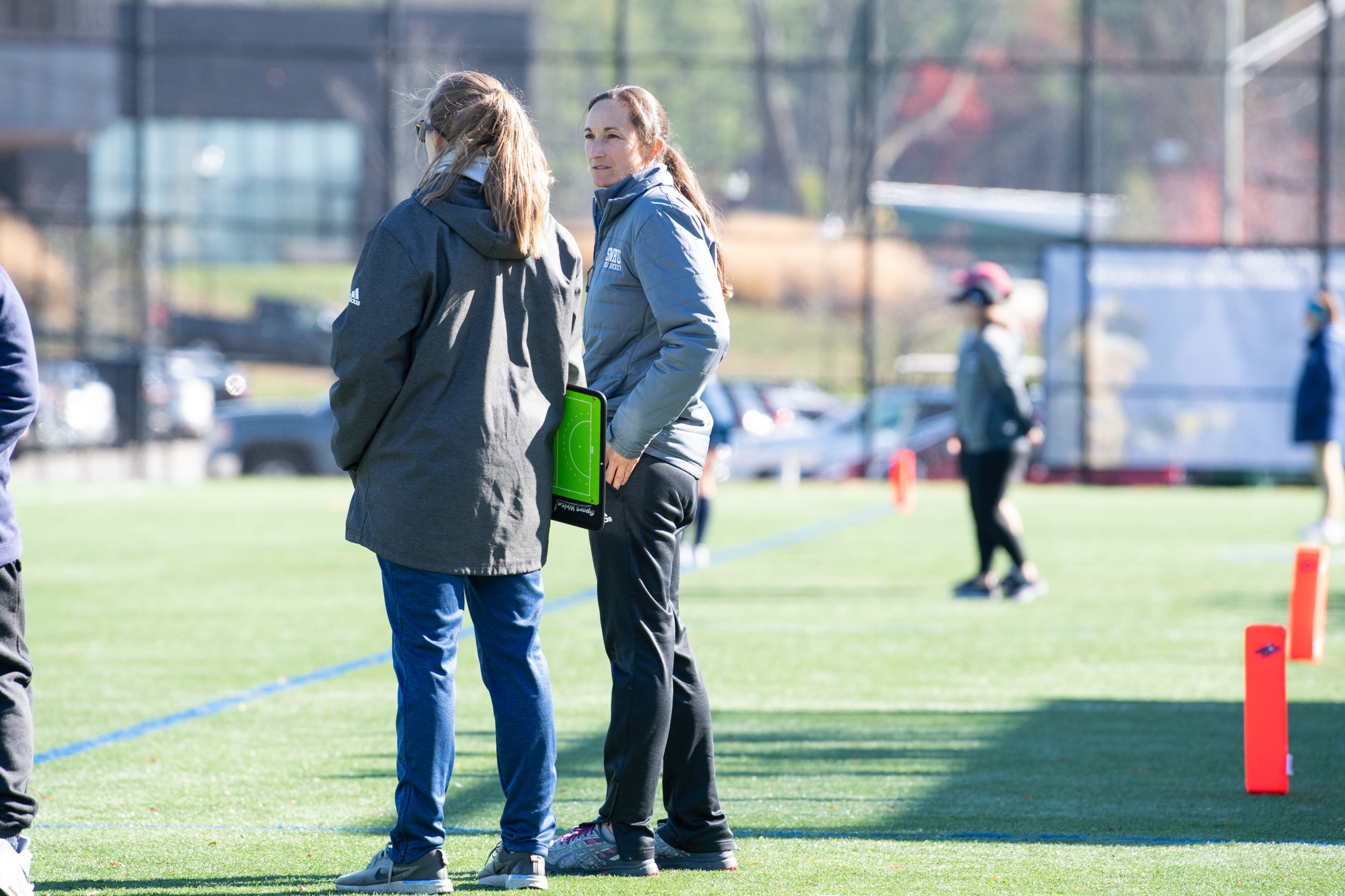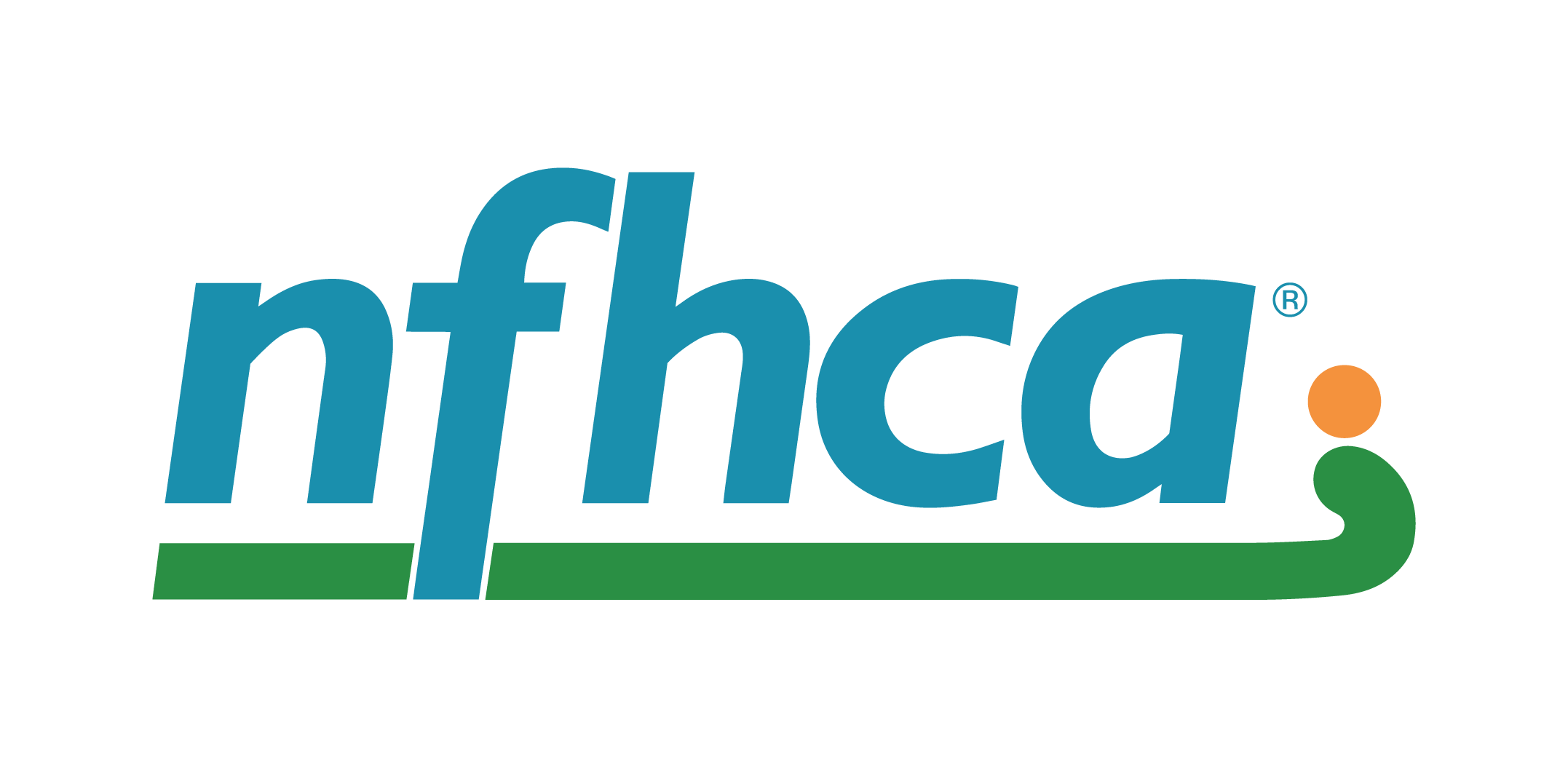The Mental Performance Promises Challenge

By Julie Munson, Head Coach at Southern New Hampshire University
Now that we have finally made it to May of 2022, I am going to take you back to fall 2019. Everything was going so well for me, professionally and personally. The program I started at Southern New Hampshire University made it to our conference championship, our team was picked for the NCAA tournament, we had the NFHCA Regional Player of the Year on our team, three All-Americans, a coaching staff that felt like family, a team with amazing chemistry, and student-athletes that earned a GPA that ranked top five in the country. Off the field, I bought a house that I loved, I was engaged to be married, and I had more time with my family. All areas of my life were wonderful!
Then, the person that I was supposed to share the rest of my life with said, “I’m done.” I had to temporarily move out of my home and back in with my parents at age 37, a global pandemic hit, and my team was taken away from me for a full year and a half. Life as I knew it came to a screeching halt. It was like the ground that I happily walked on just collapsed right under me.
When life threw me this curve ball, I decided to knock it out of the park. I was hurting badly but decided to make it “the best year ever.” I got a lot of strange looks from my family and close friends because they were trying to support me through the toughest time of my life. How could it be the best year ever? I decided to write down everything that I had preached to my team over the years — things like “trust the process” and “you get what you focus on” — and use that advice to lift myself out of a tough moment, just like our team used those lessons to carry us through challenges on the field. My list consisted of over 60 principles.
When we all were sent home in March 2020, we were told about all the things that we were not allowed to do. “You cannot come to campus.” “You cannot work with your team.” “You cannot…fill in the blank.” The list was endless. My coaching staff decided to pair up with the Ithaca College staff and focus on one thing that we could do: work on our personal and team’s mental health. I shared my list of principles with the Ithaca staff, and they in turn shared some of their own amazing ideas. The Mental Performance Promises (MPP) Team Challenge was born.
Side note: one of my favorite pieces that the Ithaca staff created is the MHGP (Mental Health Game Plan) – an example template can be found here!
Our MPP Team Challenge was ten weeks long, and each week we made a short video which we shared with our teams through GroupMe and on our team’s Instagram accounts. This was to show our student-athletes that we were able to practice what we preach as we completed each challenge.
I’m so excited to share the resources we created with our field hockey coaching community. The “What is the MPP” document which gives a brief description of each promise we had over the ten weeks of the MPP. Try them on for size, if you like them, feel free to repeat, tweak, and share with your team. For more detailed information about each challenge, check out our SNHU and Ithaca College Instagram accounts. Both of our programs also provided resources to our student-athletes from The Hidden Opponent, an excellent mental health advocacy group with tools for both coaches and student-athletes.
After the MPP was complete with Ithaca, we still had optional weekly video meetings with our SNHU team. Each weekly virtual gathering that we did with our team, we would ask one mental health check-in question (examples can be found here), and every person had a chance to answer. This gave each of us an opportunity to share what we were going through, continue to focus on mental health, and show that we cared.
The three main goals for the MPP were to strengthen, support and connect. Specifically, strengthen our level of understanding of what “mental health” meant to us, support each other as we went on the journey of discovering good mental health practices, and connect with ourselves and our teams on a deeper level. The MPP was a success for our programs, not only in defining good mental health practices for ourselves as coaches, but also in modeling vulnerability which led to greater connections with our student-athletes. Personally, creating the MPP also made me realize that anything is possible if I put my mind to it.
Wishing you all the best as you take care of your own well-being and mental health, which directly impacts the health of your student-athletes.
About the Author
Julie Munson is entering her tenth season as the head coach at Southern New Hampshire University. Prior to taking the helm at SNHU, Munson served on the field hockey staffs at Harvard University and James Madison University. She invites you to participate her 100-push-ups-a-day challenge which she has been doing since the beginning of the pandemic.
NFHCA Blog Disclaimer
All content on this blog is for informational purposes only and should not be interpreted as a substitute for NCAA compliance or legal advice. The NFHCA recognizes that the accuracy of the content and opinions in this blog may change over time. The blog site may contain links to other websites or content belonging to or originating from third parties. Such external links are not monitored or endorsed by the NFHCA and the NFHCA does not control such external websites or their content. The NFHCA will not be held responsible for the content of any message from external websites or contributing authors.
AstroTurf is the Official Sponsor of the 2026 NFHCA Annual Convention. With over 50 years of experience and millions and millions of square feet of synthetic turf in use worldwide, AstroTurf products bring more technological expertise and real-world know-how to the game than any other brand.
